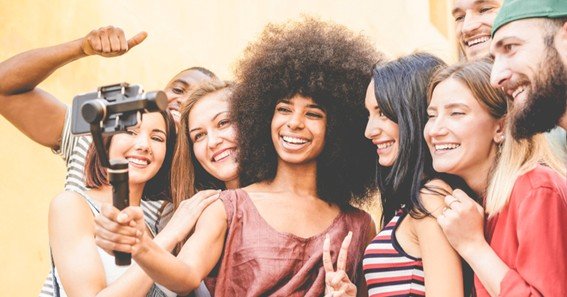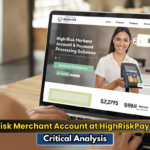In the age of digital fame, influencers wield immense power over public opinion. However, the pursuit of virality often leads some to cross ethical boundaries, resulting in scandals that captivate and sometimes appall audiences. This phenomenon, where influencers engage in controversial or reckless behavior, raises questions about the pressures of online fame and its impact on society.
Understanding the Phenomenon: Influencers ‘Gone Wild’
The term “influencers gone wild” encapsulates instances where social media personalities engage in behavior that is controversial, unethical, or outright dangerous, often in pursuit of increased visibility and engagement. This includes a range of actions from staging fake events to participating in fraudulent schemes.
Notable Cases of Influencers ‘Gone Wild’
- Bonnie Blue’s Staged Arrest: OnlyFans creator Bonnie Blue, also known as Tia Billinger, faced backlash after a video of her fake arrest went viral. The stunt, intended to promote a documentary, was criticized for misleading viewers and trivializing serious issues.
- Haliey Welch’s Cryptocurrency Scandal: Influencer Haliey Welch became embroiled in controversy when the $HAWK meme coin she promoted crashed shortly after launch, leading to an FBI investigation. Although she was not penalized, the incident highlighted the risks of influencer involvement in financial promotions.
- Chiara Ferragni’s Charity Fraud: Italian influencer Chiara Ferragni faced legal action after it was revealed that proceeds from products she claimed would support charity were not donated as promised. This led to significant fines and a new law regulating influencer promotions in Italy.
Psychological Drivers Behind the Behavior
Several psychological factors contribute to influencers engaging in wild behavior:
- Desire for Attention: The need to stand out in a crowded digital space can push influencers to take extreme actions.
- Fear of Missing Out (FOMO): The pressure to stay relevant and not miss trends can lead to impulsive decisions.
- Validation Seeking: The pursuit of likes, shares, and positive comments can become addictive, leading to increasingly risky content.
Impact on Brands and Followers
When influencers engage in controversial behavior, it doesn’t just affect their personal brand:
- Brand Associations: Companies associated with such influencers may face public backlash, leading to terminated partnerships.
- Audience Trust: Followers may feel betrayed, leading to decreased engagement and trust in both the influencer and associated brands.
Legal and Ethical Considerations
The actions of influencers can have legal repercussions:
- Regulatory Scrutiny: Misleading promotions, especially in financial products, can attract investigations from bodies like the SEC or FBI.
- Ethical Violations: Stunts that trivialize serious issues or involve deceit can lead to public condemnation and loss of credibility.
The Role of Social Media Platforms
Platforms play a significant role in either curbing or enabling wild influencer behavior:
- Algorithm Incentives: Content that garners high engagement is often promoted, regardless of its ethical implications.
- Policy Enforcement: Inconsistent enforcement of community guidelines can allow controversial content to proliferate.
Moving Towards Responsible Influencing
To mitigate the negative impacts of influencers ‘going wild’:
- Education: Influencers should be educated on ethical content creation and the potential consequences of their actions.
- Transparency: Clear disclosures about promotions and partnerships can build trust with audiences.
- Platform Accountability: Social media companies must enforce guidelines consistently to discourage harmful behavior.
Conclusion
The phenomenon of influencers ‘going wild’ underscores the complexities of digital fame. While the allure of virality is strong, the repercussions of unethical behavior can be severe, affecting not just the influencers but also brands and audiences. A collective effort towards responsible content creation and consumption is essential to foster a healthier online ecosystem.
FAQs
-
What does “influencers gone wild” mean?
- It refers to instances where influencers engage in controversial or unethical behavior, often to gain attention or increase engagement.
-
Why do influencers engage in such behavior?
- Factors include the desire for attention, fear of missing out, and the pursuit of validation through likes and shares.
-
How does this behavior affect brands?
- Brands associated with controversial influencers may face public backlash, leading to damaged reputations and terminated partnerships.
-
Are there legal consequences for such actions?
- Yes, misleading promotions and unethical behavior can lead to investigations and legal actions from regulatory bodies.
-
What can be done to prevent such incidents?
- Education on ethical content creation, transparent disclosures, and consistent enforcement of platform guidelines can help mitigate such behavior.









